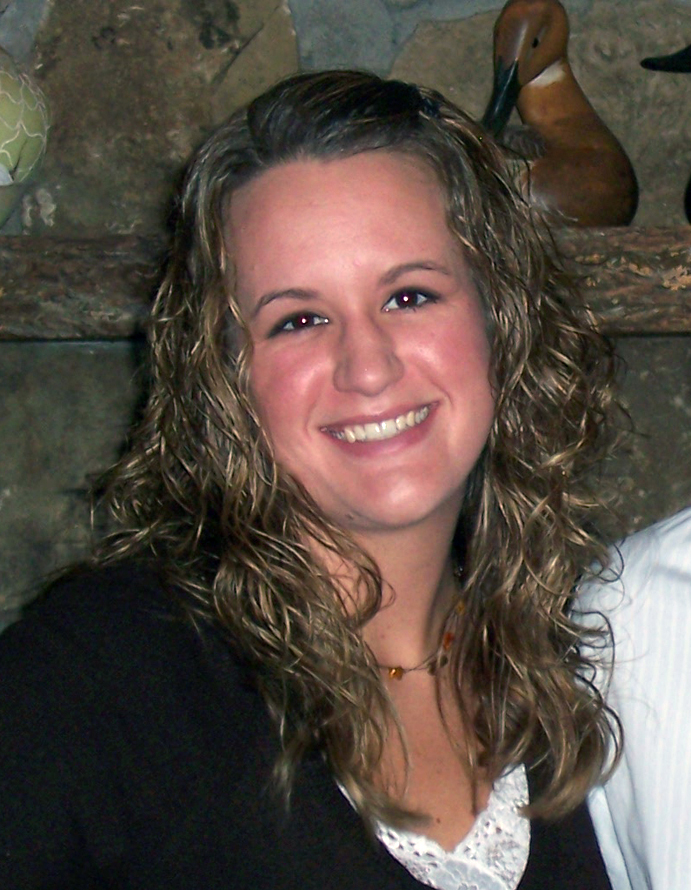Contact: Phil Hearn

STARKVILLE, Miss.--If you see a female archaeology major with mussels on the Mississippi State campus these days, it might be Sarah Mistak.
It has nothing to do with physical fitness.
That's m-u-s-s-e-l-s, as in snails and clams--and please don't mistake Mistak's interest in the freshwater mollusks as a culinary passion. It's strictly academic.
A Maryville, Tenn., native and graduate student at the university since 2004, Sarah Elizabeth Mistak is completing her coursework this semester before launching thesis research that will use archaeological shellfish remains to probe past climatic change.
"It is important to understand that archaeology is not just about material culture and digging up cool arrowheads and pottery fragments," said Mistak, who earlier received a bachelor's degree in anthropology from the University of West Georgia.
"Zooarchaeology is the study of animal remains from archaeological sites," she explained. "Most commonly, mammal bones are the subject of zooarchaeology, but increasing interest is being given to fish and mollusk remains."
Mistak, who is pursing a master's degree under the guidance of professor and widely known archaeologist Evan Peacock, is the 2006 winner of a Dienje Kenyon Fellowship. To be bestowed formally in April by the Society for American Archaeology, the national award is given annually to a female graduate student involved in zooarchaeological research.
"Sarah was competing with master's and doctoral students from across the nation, with a jury of professionals from some of the largest, most prestigious archaeological programs in the United States and Canada," Peacock said.
"The award of $500 will support her thesis research, which involves using the remains of shellfish from archaeological sites to investigate past climatic change," he added.
An associate professor in the department of sociology, anthropology and social work, Peacock is author of "Mississippi Archaeology Q&A," a popular reference released in 2005 by University Press of Mississippi. An MSU alumnus and former president of the Mississippi Archaeological Association, he is a doctoral graduate of the University of Sheffield, England.
Mistak says her research derives from the areas of climatology, ecology, biogeography, chemistry, and archaeology, among others, to investigate past climatic change. She will examine freshwater mussels from specific areas in the Southeastern U.S., focusing on temperature changes and precipitation during the Hypsithermal Climatic Interval (circa 9000-4000 B.C.) and Late Woodland period (A.D. 700-1100).
"The goal of zooarchaeology is to understand the relationship between humans and animals, and therein, the environment," Mistak said. "Varying measurements on the same species from different areas upstream and downstream in a river can provide information about river discharge, which in turn, provides information about past precipitation.
"My project is unique because I'm using freshwater mussels beyond their usual use in archaeology: indication of diet," she explained. "I am using freshwater mussels as a proxy for paleoclimate and paleoclimatic change."
Mistak said she was attracted to archaeological studies, and particularly zooarchaeology, because of the "interdisciplinary nature of the field." She said she chose MSU's applied anthropology master's program because of the "top-notch caliber of instruction," and Peacock's special interest in zooarchaeology and shellfish.
"The best part about winning this (Kenyon) award is that someone else thinks your work has the potential to contribute to a broader scientific knowledge," she said. "My professors are encouraging and will provide hands-on assistance during the entire research process."
NEWS EDITORS/DIRECTORS: For more information, contact Mistak at sem147@msstate.edu or Dr. Peacock at (662) 325-1663 or peacock@anthro.msstate.edu.
MARYVILLE EDITORS: Sarah Mistak is the daughter of Bob and Sherry Mistak.